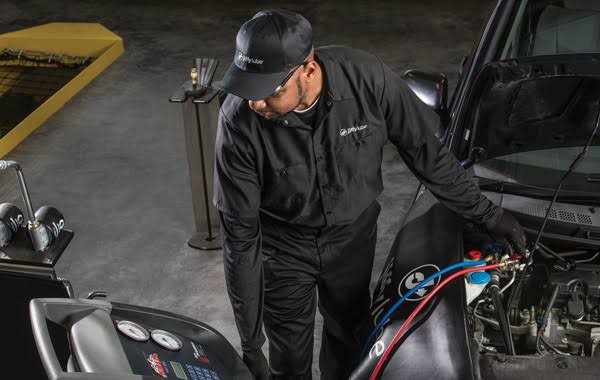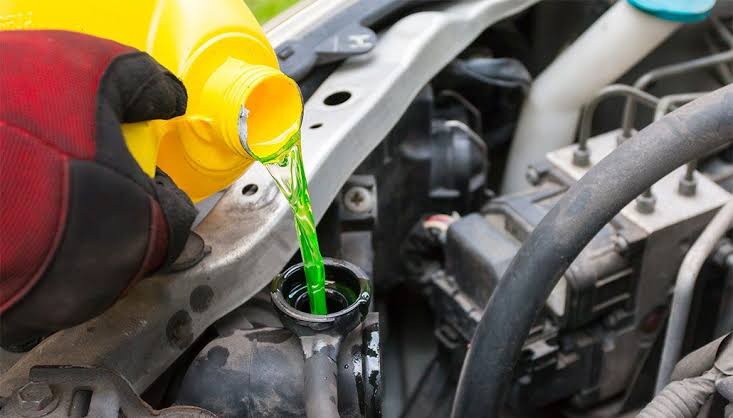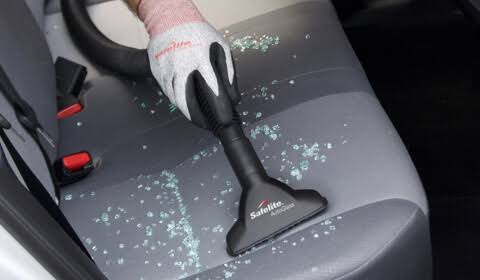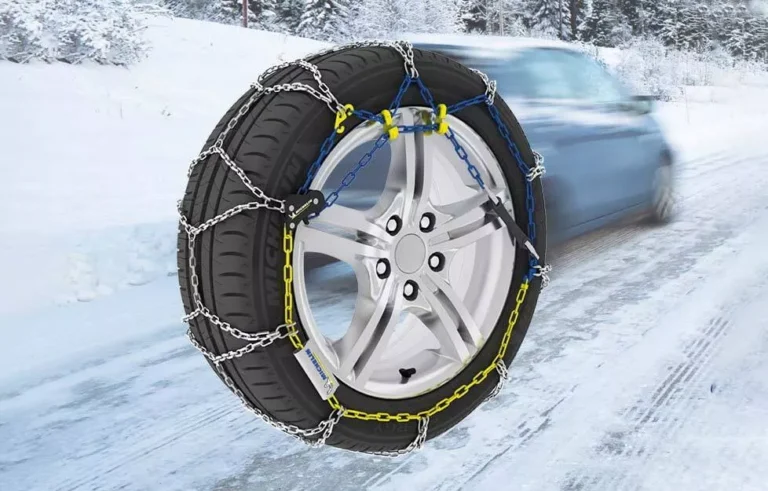Will Vinegar Ruin Car Paint?

Vinegar is a common household cleaning agent, but many car owners wonder if it can damage their vehicle’s paint. While vinegar has a mild acidic nature, it can be used safely on car paint in certain conditions. However, improper use can potentially lead to damage, so it’s important to know how to use it properly.
How Vinegar Affects Car Paint
1. Acidity of Vinegar
✔ Vinegar is mildly acidic, with a pH of around 2-3. This acidity is strong enough to break down contaminants but not so powerful that it can corrode most surfaces.
✔ If used in high concentrations or left on the paint for extended periods, vinegar can potentially damage the clear coat or cause discoloration.
2. Risk of Scratching
✔ If not diluted properly or if it’s used with an abrasive cloth, vinegar could potentially scratch the paint when wiping it off.
✔ Always use a soft cloth or microfiber towel to prevent abrasions.
When Vinegar is Safe to Use on Car Paint
1. Dilution is Key
✔ Dilute vinegar with water before applying it to your car. A common ratio is 1 part vinegar to 1 part water. This reduces the acidity and makes it safer for the paint.
✔ Using vinegar in its concentrated form can be too harsh, potentially leading to damage over time.
2. Short Contact Time
✔ Do not let the vinegar solution sit on the paint for too long. Apply it quickly and wipe it off within a few minutes to prevent any damage to the paint.
3. Bug and Streak Removal
✔ Vinegar can be effective for removing bug splatters or water spots when diluted and applied gently.
✔ Be sure to rinse the car thoroughly afterward to remove any vinegar residue.
When to Avoid Using Vinegar on Your Car
1. Newly Painted Cars
✔ Newly painted cars have a delicate paint layer and clear coat that could be more susceptible to damage from vinegar, especially if the paint hasn’t fully cured yet.
✔ In this case, it’s best to avoid using vinegar on the paint until the car has been properly cured for several months.
2. Paint Chips or Scratches
✔ If your car’s paint already has chips or scratches, vinegar can make the problem worse.
✔ Acidic substances can seep into the exposed metal and accelerate rusting or corrosion.
3. Strong or Unchecked Concentrations
✔ Using undiluted vinegar or a high concentration of vinegar can damage the paint and clear coat. Always dilute it to ensure it is safe for your car’s finish.
How to Safely Use Vinegar on Car Paint
1. Dilute Vinegar with Water
✔ Mix 1 part vinegar with 1 part water in a spray bottle.
✔ This mild solution will effectively clean the car without harming the paint.
2. Apply Gently
✔ Spray the solution directly onto the surface or on a soft cloth, and gently wipe the affected areas.
✔ Avoid scrubbing aggressively to prevent scratching.
3. Rinse Immediately
✔ After applying and wiping the vinegar solution, be sure to rinse your car thoroughly with water.
✔ This will remove any leftover vinegar and prevent it from drying on the surface.
Alternative to Vinegar for Car Cleaning
1. Commercial Car Cleaning Products
✔ Specialized car cleaning solutions are designed to be safe on paint and are a better option for tough stains or bug splatters.
2. Soap and Water
✔ A mixture of mild car soap and water can be just as effective for cleaning without the risk of damaging the paint.
3. Clay Bar Treatment
✔ A clay bar is effective for removing contaminants from the car’s surface without damaging the paint. It’s especially useful for stubborn bug splatter or tar.
FAQs
1. Can vinegar damage car windows or windshields?
Vinegar can be safely used on car windows or windshields for cleaning. However, be sure to wipe it off quickly and avoid leaving it on for long periods to prevent residue buildup.
2. Is it safe to use vinegar on car wheels or rims?
Vinegar can be used on car wheels, but be cautious with chrome or alloy rims. It’s best to test a small area first to avoid any corrosion.
3. Will vinegar affect the clear coat on my car?
If used properly (diluted and wiped off quickly), vinegar shouldn’t harm the clear coat. However, leaving it on for too long or using it in strong concentrations could damage it.
4. Can vinegar remove tar from my car?
Yes, vinegar can help break down tar or other sticky substances on your car, but it’s more effective when combined with other cleaning agents or used alongside a clay bar.
Conclusion
Vinegar won’t necessarily ruin your car paint if used correctly. Diluting it with water, applying it for short periods, and avoiding aggressive scrubbing can make it an effective and safe cleaning solution for minor tasks like removing water spots or bug splatters. However, always exercise caution, especially with newly painted or damaged cars.





